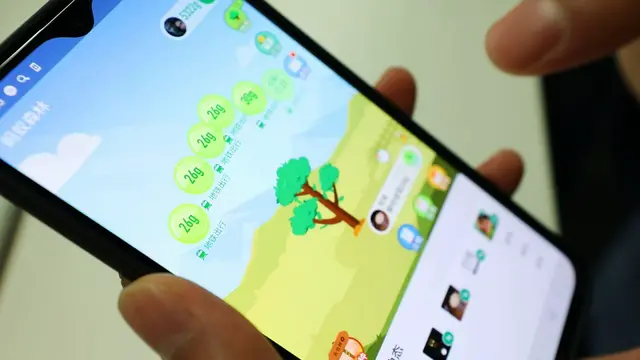When Lindsey Vonn looked toward the Pyeongchang Winter Games, which kick off in 30 days’ time, the Olympic gold-medalist seized the opportunity to slam Donald Trump: “I hope to represent the people of the United States, not the president.” She added: “I want to represent our country well. I don’t think that there are a lot of people currently in our government that do that.”
Lindsey Vonn: ‘I want to represent our country well. I don’t think that there are a lot of people currently in our government that do that’. Photograph: Andrea Solero/EPA
In a country where unquestioning deference to the office of the presidency is a presumed duty of citizenship, this was a remarkable statement. But was it a clarion call for athletes to become activists at this year’s Olympics? Fifty years after US track stars Tommie Smith and John Carlos raised their fists at the Mexico City Games to protest social injustice, will we see Winter Olympians taking a knee?
The Winter Games typically generate fewer athlete protests than the Summer Olympics. While the 2014 Winter Games in Sochi roused a furor among some Olympians, mostly in response to a Russian law that banned “gay propaganda”, the podium remained a protest-free zone. However, this year could be a very different story, thanks, in large part, to President Trump himself.
And Trump has teed up plenty of political grist for any athlete with a moral conscience. He has been caught on tape boasting about committing sexual assault; attacked the LGBT community; made a series of racist and xenophobic statements against Nigerians, Haitians and Mexicans; defended white supremacists as “very fine people”; promoted Islamophobic immigration policies, mocked Native American culture and identity; and supported Alabama Senate candidate Roy Moore, a man accused of sexually harassing and assaulting underage women.
Any one of these could be grounds for converting an Olympic athlete into an activist, or at least causing them to reflect upon how to represent their country without implicitly endorsing Trump’s white-nationalist agenda.
Expressing dissent would certainly grab the president’s attention – at least if the athletes were black. When African American NFL players knelt during the national anthem to spotlight police brutality and racial inequality, Trump launched a vitriolic fusillade: “Wouldn’t you love to see one of these NFL owners, when somebody disrespects our flag, to say, ‘Get that son of a bitch off the field right now.’” Two days later a wave of dissent rippled across the league, with players taking knees, sitting, and linking arms, sometimes even with team owners.
By contrast, when the 2017 NHL champions, the Pittsburgh Penguins, visited the White House last October, Trump praised the team as “incredible patriots” even though most of the players were not even Americans, but Canadians, Russians, Germans, Swedes and Finns. In Trump’s America, a white Russian migrant worker can be considered more of an American patriot than a peacefully protesting African American athlete.
In this context, we should not be surprised if African American athletes make a political stand in Pyeongchang. Olympic bobsledders Elana Meyers Taylor and Kehri Jones have intimated that they may speak out. Meyers Taylor said: “I think the hardest thing is that all of us would love to just stick to sports – but if you want us to be role models to kids then you need to stand for more than just sports.”
While we’ve seen a Trumplash against black athletes who dare to voice political opinions, there’s been conspicuous inaction from the president when white athletes have taken a stand. Witness Trump’s silence in the face of Vonn’s verbal jabs. Or when white Olympic fencer Race Imboden took a knee alongside his black team-mate Miles Chamley-Watson at the 2017 Fencing World Cup. Or when US soccer international Megan Rapinoe not only kneeled but insisted white athletes have a moral duty to show solidarity with black athletes.
Already there are signs that white athletes might disrupt the celebratory nationalism that saturates the Games. Freestyle skier Gus Kenworthy – who in Pyeongchang will be the first out-gay US Olympian in an action sport – recently said, “Whether it’s Black Lives Matter or trans rights or climate change, there’s so much to be stood up for right now … And I think we will see athletes standing up for it, and I don’t know how it will be yet, in what form, but I’m sure that we will.”
To be sure, not all athletes must become activists. Given the time and dedication it takes to be an Olympian and the inevitable backlash against anyone brave enough to highlight America’s continuing social inequities, athletes should think carefully before taking action.
That said, this is an auspicious moment for dissenting gestures. The recent rise in consciousness among professional athletes in the NFL, WNBA, and NBA has carved out political space in Pyeongchang. Fifty years ago, Smith and Carlos showed the world it was possible to represent the people and not the president, to place the struggle for social justice before blind nationalism. The world will be watching next month to see if Vonn and her fellow Olympians grab that baton of sporting political dissent.
(GUARDIAN)
 简体中文
简体中文



